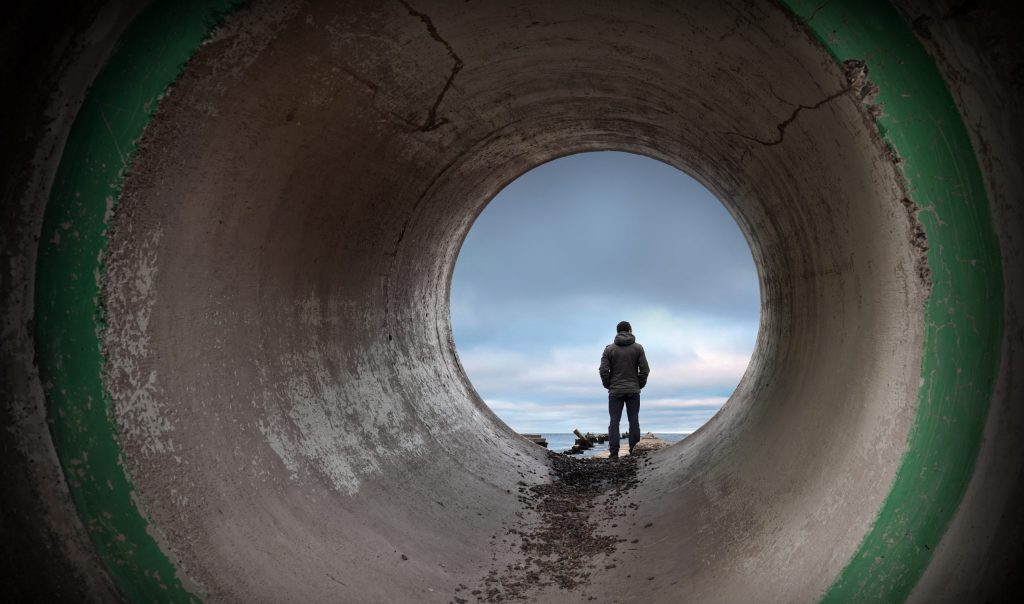Among the many leadership articles addressing our current pandemic, one really stands out for me: a New York Times op-ed by Stanley McChrystal, founder, and Chris Fussell, president, of the McChrystal Group.
McChrystal, a retired Army general, led the U.S. Joint Special Operations Command in the mid-2000s and revolutionized how it operated and communicated. A former Navy SEAL, Fussell served as McChrystal’s aide-de-camp during the final year of his JSOC command, and the two co-authored “Team of Teams” about the task force’s transformation.
In the NYT article, McChrystal and Fussell urge all leaders, from large corporations to small nonprofits, to step up to new challenges presented by COVID-19 and prepare their organizations for unprecedented change. In particular, they advise leaders to:
- Don’t hunker down.
- Speak with candor.
- Give up more authority than feels natural.
- Be more compassionate than you think you need to be.

The article really resonated with me, and I’ll quickly share my own thoughts about these four recommendations.
Don’t hunker down — Being visible has always been a hallmark of good leaders, however, it becomes even more critical now due to the great degree of uncertainty. There is anxiety around personal health, family health and economic health. People are looking for some sense of direction and hope. Employees need to see you and hear from you — a lot.
Speak with candor — Like visibility, being transparent is another classic leadership trait that takes on even greater importance during a crisis. It’s important to tell people what you know — and what you don’t. We need to provide our employees and customers with the best information possible to help them make good decisions about how to behave. I’ve been particularly impressed with Gov. Andrew Cuomo and Gov. Mike DeWine, who are doing a phenomenal job of presenting facts and speaking to strategy on a daily basis. What’s more, they are consistently candid. This kind of transparency garners both respect and reassurance. In my experience, being up front and honest also helps when you have to make difficult decisions: People may not like your decisions, but if you tell them why you made those decisions, I always find it goes better.
Give up more authority than feels natural — Delegating has always come easy for me, but I’m trying to be even more mindful now. A crisis prompts all leaders, even laissez-faire ones, to want to move into command-and-control mode and push all the buttons from the top. Yet this is the time to do the opposite, to give up more authority. Two compelling reasons: Human nature craves certainty and control, and by giving individuals greater autonomy, they’ll not only feel better, they’ll be more engaged. Perhaps more important, your front-line workers will know sooner about some of the necessary changes that need to happen because they are closer to the action. Giving them more control will lead to better decisions and better outcomes — ones that make your organization stronger.
Be more compassionate than you think you need to be — There’s a lot of emotional upheaval out there. Even if our families haven’t been infected by the virus, just seeing the increasing number of COVID-19 cases and deaths each day generates incredible apprehension. Our way of life has been disrupted. Leaders need to show empathy and acknowledge all of this is real. We need to spend a lot of time talking — and particularly listening — to employees, customers and suppliers.
Some of the things I’m trying to do differently include weekly webcasts to our entire organization and sitting in on different department meetings via Zoom. I’m also reaching out to everyone on an individual basis to make sure I understand their issues. Everyone has a different story, a different circumstance, a different concern. Some have had to cancel vacation trips that they were looking forward to. Other employees are suddenly challenged with home-schooling their children. And though some team members are thriving on telecommuting, we have many folks who love being at the office, and for them, isolation does not sit well. Trying to adjust to a new routine does not come easily for anyone.
Everyone wants to know when things will return to normal. Yet we shouldn’t preoccupy ourselves with trying to get back to the way things used to be. The issue now is forward thinking. We are going to come out of this, but things will be different. It’s important for leaders to position their teams and organizations to move forward — because forward is where we need to go.
Published 4/09/2020
